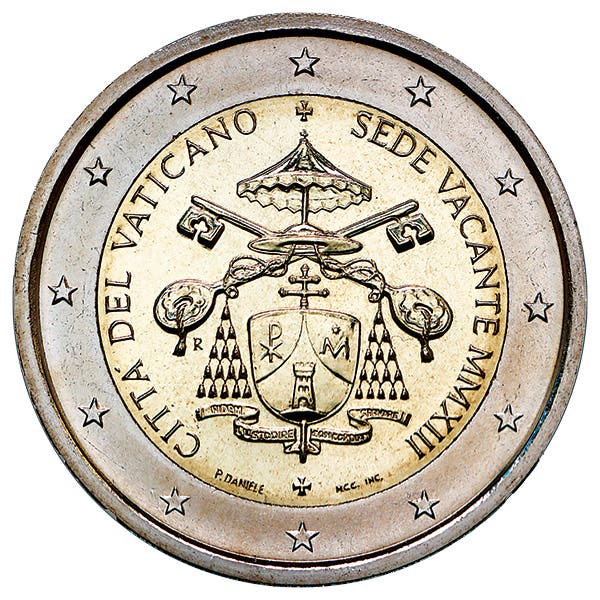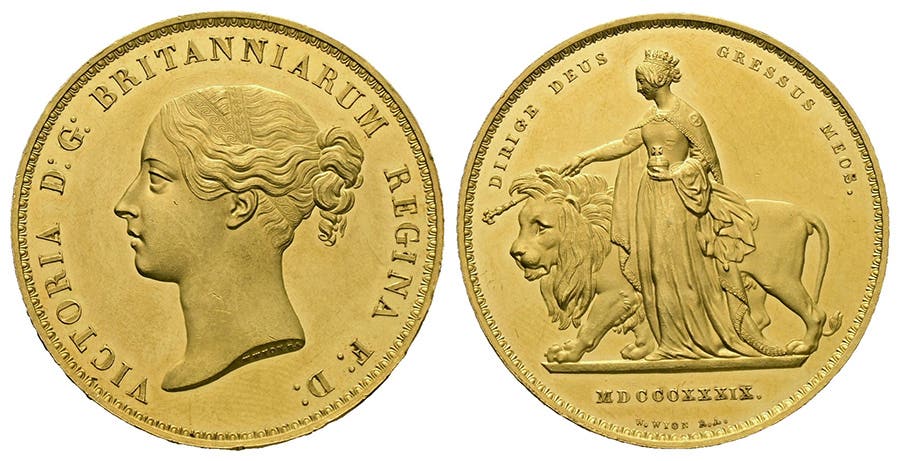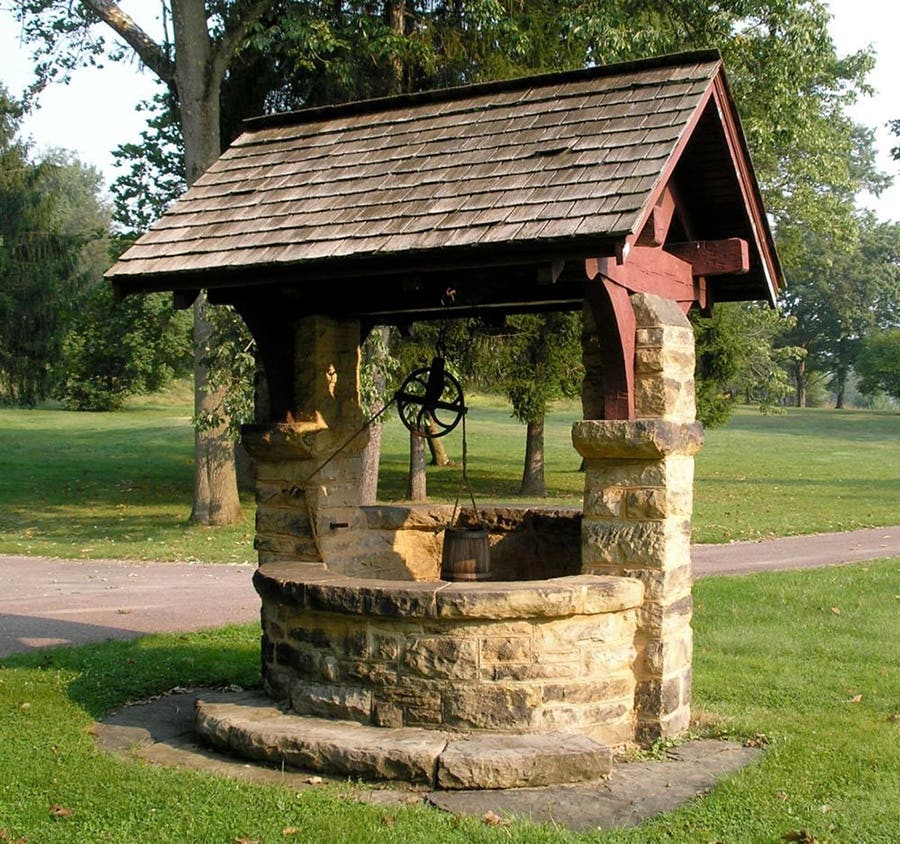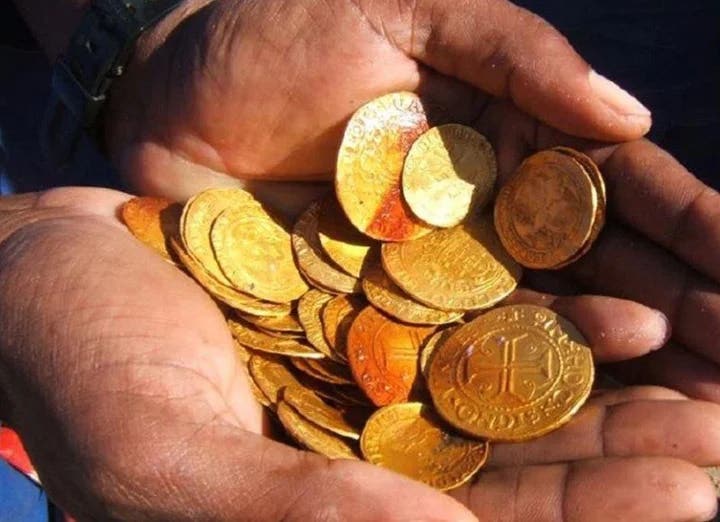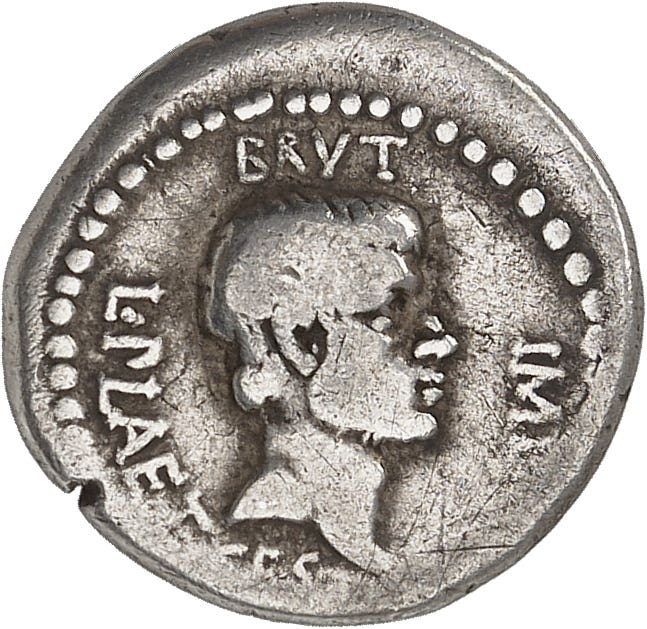Provenance Becoming Critical
Provenance is becoming increasingly important if you own ancient or medieval coins, or if you own antiquities. This advice should be taken seriously not only by collectors, but by museums…
Provenance is becoming increasingly important if you own ancient or medieval coins, or if you own antiquities. This advice should be taken seriously not only by collectors, but by museums as well.
There is some prestige that may accompany a coin or antique if that object has the pedigree of having previously been in a prestigious and perhaps meticulously assembled collection or if that object has been used as the ‘plate’ coin or antiquity for an important publication on the subject. This may also impact what such an object may realize should it be offered in an auction.
Such pedigrees to names including Norweb, Garrett, Pittman, and even as far back as d’Este lend value to coins known to have previously in one of these collections. On the other hand, it is also important to have such a pedigree since it is possible a government may try to lay claim to the coins (or antiquities) as being part of that government’s cultural patrimony or that the object may have left the country in which it was discovered illegally at some time in the past.
On September 23 the Financial Crimes Enforcement Unit of the US Department of the Treasury announced a “Regulatory Process For New Antiquities Regulations.”
The summary of this regulatory inquiry reads: “The Financial Crimes Enforcement Network (FinCEN) today issued an Advance Notice of Proposed Rulemaking (ANPRM) to solicit public comment on a range of questions related to the implementation of amendments to the Bank Secrecy Act regarding the trade in antiquities. This ANPRM is the first in a series of regulatory actions that FinCEN will undertake to implement Section 6110 of the Anti-Money Laundering Act of 2020, which became law on January 1, 2021. FinCEN strongly encourages members of the antiquities industry, law enforcement, civil society groups, and the broader public to submit written comments. Such written comments will assist FinCEN in developing the proposed rules.”
Washington attorney and numismatic advocate Peter Tompa said of the regulation, “No proposed rules, but lots of questions.”
The same day Mexico’s foreign ministry announced the recovery of 16th century manuscripts relating to conquistador Hernan Cortes previously reported as missing from Mexico’s national archives. It appears 10 scrolls were stolen over time, then put up for sale at the auctions houses of Bonhams, Christie’s, and Swann. The manuscripts matched images of their auction lots posted on the Internet.
The Mexican theft is perhaps a slam dunk, but what do you do if you have ancient Bactrian gold coins in your collection and the Taliban demands their confiscation? According to a Sept. 23 Washington Examiner newspaper report, “The Taliban are searching for a 2,000-year-old treasure called Bactrian gold. The group ruling Afghanistan reportedly said that if the treasure had been taken out of the country, it would consider that action treason against the state.”
In the past the Taliban has been known to destroy antiquities under the excuse they are cleansing history. In the past objects including coins have been discovered in the graves of wealthy Afghan nomads. The Taliban has few legal options internationally at the time this article is being written, but what if at some time into the future some Afghan government tries to lay claim to your coins do to your lack of having documents to the past ownership of those coins?
The recent theft of the rosary beads was carried by Mary Queen of Scots to her execution in 1587 may be easy to identify, but what happens when something more challenging to identify such as coins are involved? If you can trace previous ownership of your coins back for more than a century and the coins weren’t found in a country in which their export wasn’t illegal that at that time you don’t need to lose any sleep over your ownership rights.
The pedigree of a coin is not something just for the wealthy collector or for the collector who is looking for prestige for his collection. Pedigree or provenance is increasingly becoming a requirement as governments increasingly favor the patrimony of a country to trump private ownership of antiquities and coins regardless of any other factors.




